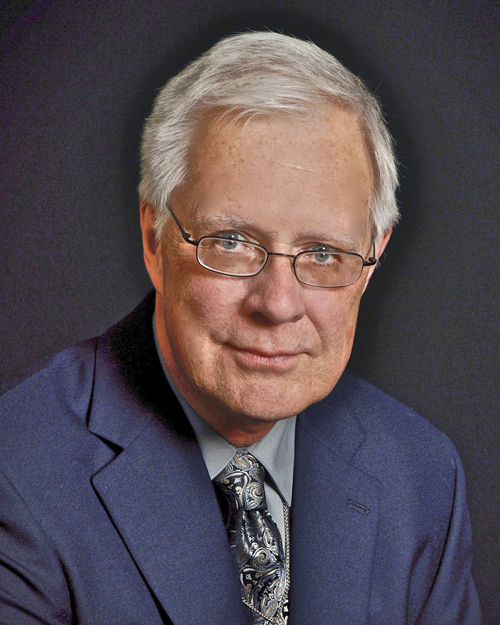By Greg Cusack
I was very pleased to read of Bishop Thomas Zinkula convening of group of business leaders devoted to the important topic of climate change in the Sept. 2 issue of The Catholic Messenger! What a welcome return to an older model of church leadership for the betterment of the larger community!
I would like to add my two cents’ worth by raising another important principle long taught by the church — the goal of sufficiency as opposed to the capitalistic duality of surplus (or the pursuit and consumption of ever more stuff) or want.

All of us who are both Catholic and American citizens must constantly struggle between the lure/framing of our national culture and the principles taught by Jesus of Nazareth, or at least I think we should struggle. Most of the time I suspect that we (and I include myself) too often find ourselves appraising situations and forming judgments or conclusions more on the values of our culture than on Jesus’ words.
In today’s world, we repeatedly encounter the thought that everything is ultimately scarce, whatever that something might be: water, land, mineral and chemical resources, etc. While in the largest sense this is certainly true — our own lives, after all, have a definite limit — the way this concept is applied to most economic and, indeed, world justice issues is really false.
One of the reasons for this, I believe, is that we unconsciously duck confronting surplus, that is, the question of when any one person, group or nation has too much. And what is too much? More, even much more, than is needed to allow these persons to live a comfortable and happy life. Such a life marks sufficiency — enough.
We Americans distinctly do not like hearing that we ought to be comfortable with enough. More is always better, we have been taught, and is an outward sign of our own worth, our success in striving. One of the consequences of this obsession with always more is that we almost never discuss why some have too little. The reason for some having “too little,” a state of want, is both because everything desirable is ultimately scarce and also because we assume that only those who are successful deserve adequacy at the least and comfort at the best. This is a profoundly pagan, not to mention economically unsound, thought!
One of the ways of looking at climate change is that the United States, and, frankly, all other countries around the world, have given not a damn about the future. What counts, and has always counted, is now. But an accumulation of “nows” ultimately has consequences for which somebody sometime will surely pay the price.
The mentality of sufficiency, closely linked to both stewardship and sustainability, is something that needs to be acquired by leaders and citizens alike, and it is the key toward building not only a more sustainable future, but also one of greater justice and equity for all.
(Greg Cusack taught college, served on the Davenport City Council from 1969-73, and the Iowa House of Representatives from 1971-81. He then served as executive director of National Catholic Rural Life Conference from 1981 until late 1986. His public service continued in other areas until he retired as Chief Benefits Officer of the Iowa Public Employees Retirement System in 2004.)











